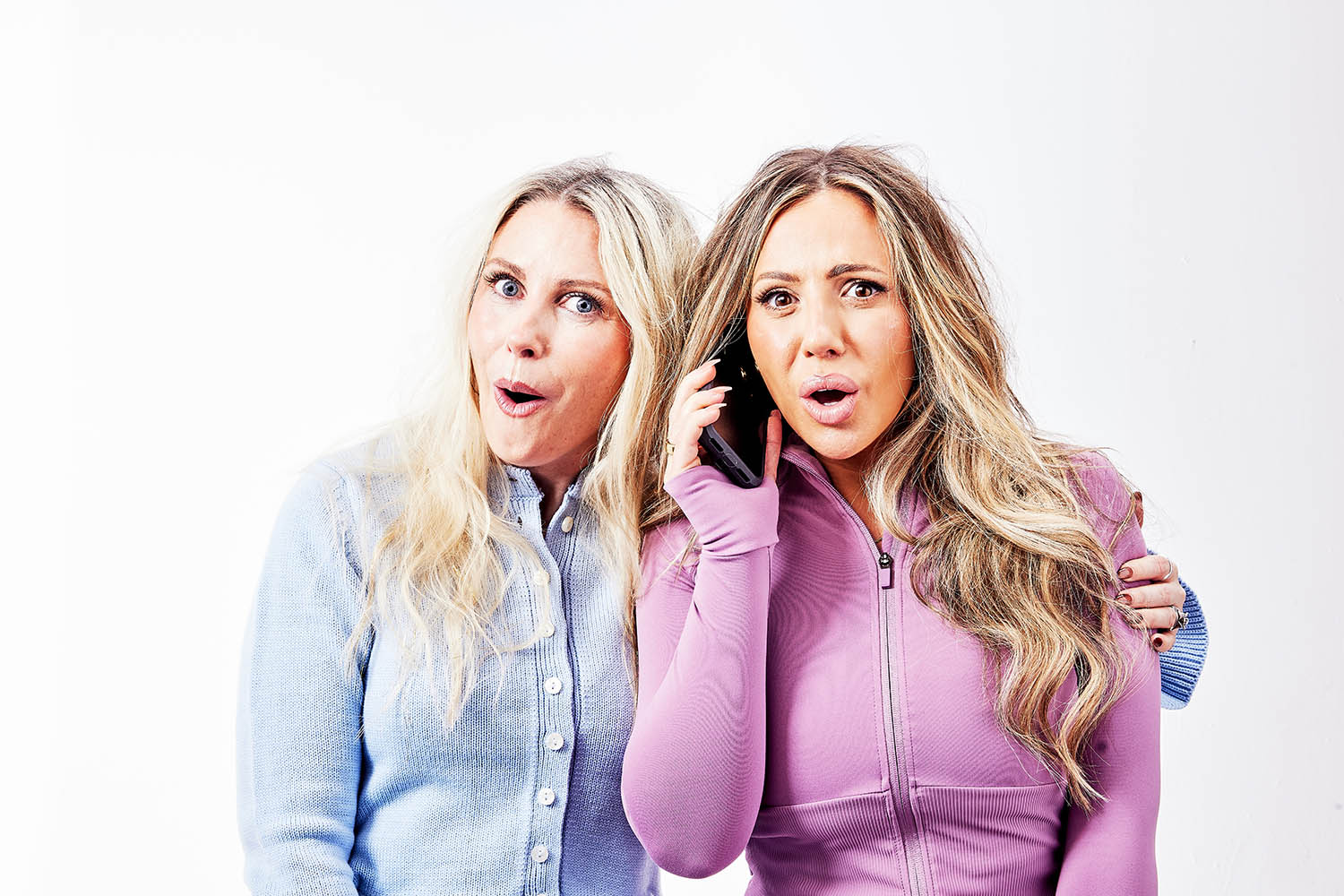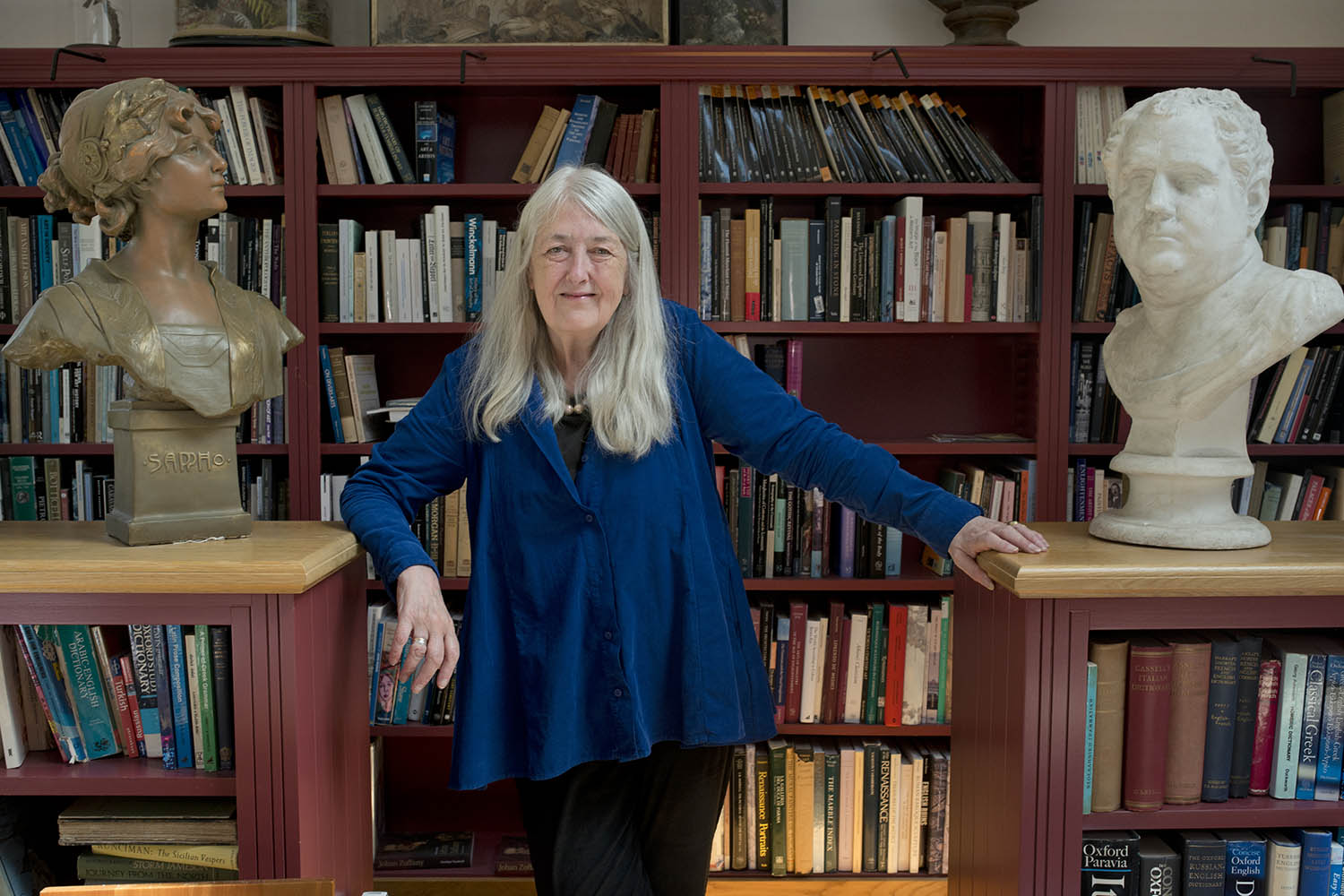
A British trafficker tells all in a new podcast. Plus, a TV “swearing consultant”, South African rugby and an indie variety show
We hear a lot about people smuggling on the news, usually framed as “the small boat crisis” and accompanied by political grandstanding on how the crisis must and will be stopped. Outside of such politicking, when people smugglers are interviewed, they tend to be non-British: seemingly unscrupulous foreigners who pack inflatable boats with desperate migrants and send them across the Channel without a qualm and, often, without lifejackets.
Meet Nick (not his real name). A British builder, he was working on building sites in 2008 with an Albanian man who revealed to him how simple it was to sneak people from France into the UK, and just how much cash he’d get for doing so. Three grand a pop, easy money. So Nick – charming, cool in a crisis, someone who could be your mate – became a people smuggler.
In Shadow World: The Smuggler, over ten 15-minute episodes, investigative journalist Annabel Deas gets Nick to talk through his people-trafficking career. It starts straightforwardly enough. He puts an Albanian guy into his car boot in France, drives on to a ferry, helps the man get into a lorry, sends a pic of the lorry to a phone number and that’s it, job done. It progresses to Nick steering boats across the Channel filled with Vietnamese men destined for a cannabis factory. Nick is sanguine and likable. He points out how much he liked being on a boat, how well paid the job was, how much he enjoyed “the feeling of getting away with it, there’s nothing like it”. In fact, he sells it all so well that Deas is forced to highlight the negative side of people trafficking. She brings in the police – an undercover cop called Trevor who tracked Nick and caught him in the end – and even wheels out an anti-trafficking expert in episode seven. Throughout, Nick is as cool as can be.
Though Shadow World purports to explain how people smuggling takes place, and thus how it can be stopped, you note that when Nick got involved in it he was skint, as his building company had collapsed. Nick is living evidence that most crime is circumstantial. No matter the consequences, when someone offers you an easy way to make a lot of money, if you’re desperate, you’ll take it.
The Offcuts Drawer is a thoroughly enjoyable independent podcast. Hosted by Laura Shavin, it asks creative people to dig around their desk drawers or computer files to find those projects that didn’t get made, the scripts that never went anywhere, the unpublished books, the rejected ideas. It’s a lovely concept, beautifully realised in a Radio 4 manner – Shavin has a gorgeous RP voice – and it was a runner-up to Oprah Winfrey in the Webby awards a couple of years ago.
The new season begins today (Sunday) with an episode featuring comedy writer Ian Martin, who clearly loves returning to some of his unrealised efforts. There are some great ones, including a TV horror series that was a little too close to Ghosts (actually, it sounded better, as it involved some wild deaths), and a funny article about long-term relationships that was too long to be published. Shavin uses the show to discuss what did get off the ground too, so we get an insight into Martin’s work on The Thick of It (he was the “swearing consultant”) or writing a parody Boris Johnson biography (Unhinged: it took him precisely three weeks). Great stuff.
Here’s yet another chummy two-hander for boy-men. Sports presenter Mark Pougatch and the Observer’s own chief sports writer Paul Hayward have a new podcast, How It All Played Out, which is, essentially, The Rest Is Sporting History. Their first two episodes cover the fortunes of the South African rugby team after Nelson Mandela was released, and why England hasn’t hosted the football World Cup since 1966. And the shows are good: well-informed and explanatory, with all the detail a sporting nerd could wish for. Some may be put off by Pougatch’s slightly Partridgey and declamatory presentation, where the smallest of events is given highly significant status, but that comes with the territory when it comes to sport, no?
If culture is your sporting preference then you might try The Big Smoke Variety Show, an indie podcast that insists it does what it says on the tin: meaning, it gives listeners a show that’s akin to an old variety show. Except it’s not really that. For a start, it isn’t theatrical but real, meaning it mostly features real interviews with real people. Actually, if I’m honest, this is one of the quirkiest podcasts I’ve ever heard, with all sorts of different elements contained under its declared umbrella of “comedy, conversation and community”.
In each episode, host Kevin Bennett, a Canadian theatre director, conducts an interesting 40-minute interview – with an academic who specialises in religion, or an anxiety expert, or clothing entrepreneur Patrick Grant – and then we get the other bits. These include Maple Leaf or Make Believe, where listeners can guess which is the real Canadian local newspaper headline; Stump the Room – pub quiz-style questions; Parish Notices, in which someone explains a little bit of news about themselves; a section featuring roving reporter Ahmad Wonly interviewing someone on the street; and Sean Clark the Mudlark, where Clark finds something interesting on the side of the Thames and talks about it. Yep, there’s variety all right.
The best episodes have a clear menu at the top of the show, so you know what’s going on; the ones that don’t are hard to follow. A strength of the podcast is its welcoming of the listeners: there’s a newsletter and people are encouraged to write in and contribute. Some elements work, some don’t, but The Big Smoke is an interesting idea that, with some clearer signposting as to what’s happening and, most importantly, why, could develop into something very special.
Photograph Getty Images




